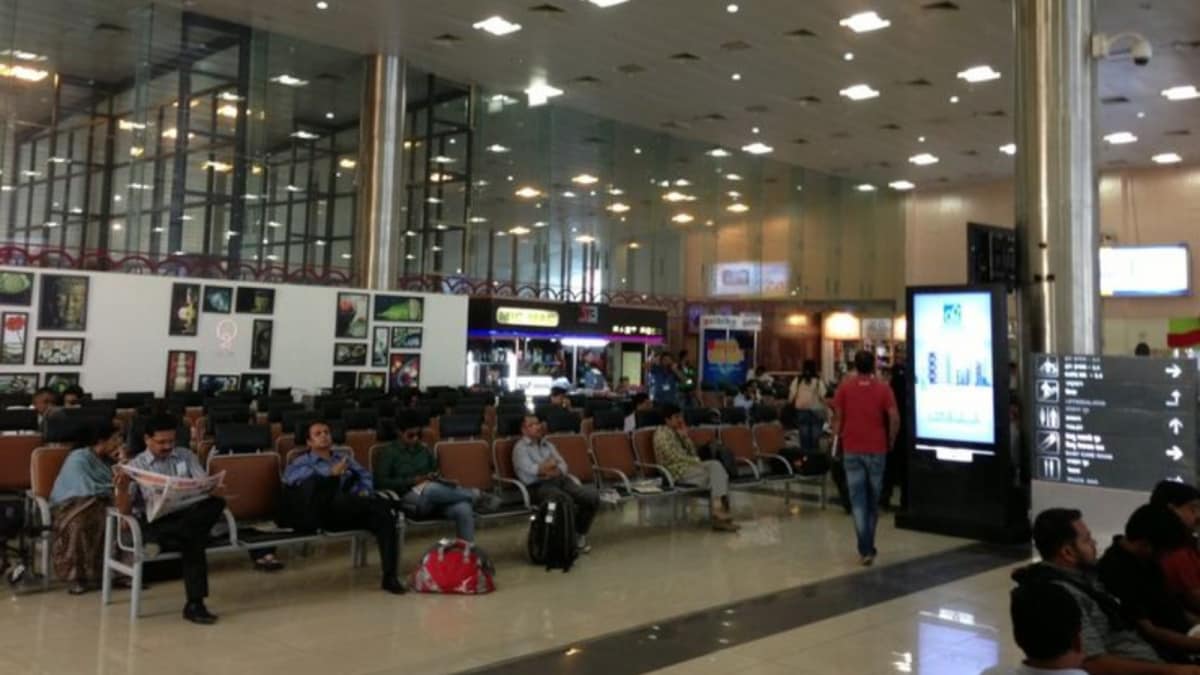Last Updated:
AERA proposes linking User Development Fee at major Indian airports to service quality, with tariffs adjusted based on cleanliness, efficiency, and passenger feedback.

Under the proposed system, airports failing to meet benchmarks will face consequences (Representational)
Passengers across India often complain about being stuck in a long security line, waiting endlessly for their bags, or being frustrated by dirty washrooms at airports.
To resolve such issues, the Airports Economic Regulatory Authority of India (AERA) has now proposed to hold airports accountable for the service they provide.
Recommended Stories
In a draft consultation paper issued last month, AERA has proposed to link the User Development Fee (UDF)– collected from passengers — to the quality of service provided at major airports. It said that service quality benchmarks be embedded in tariff regulation and monitored monthly, The Economic Times reported.
As per the paper, a uniform set of performance standards will apply to all major airports, which will cover every step of the journey, including parking, check-in counters, security, immigration, baggage delivery, and cleanliness of toilets.
“Performance standards will be linked to airport tariffs through a balanced framework that incorporates both rate cuts for non-compliance and incentives for exceeding benchmarks,” the paper said.
If an airport fails to keep washrooms clean, baggage belts moving, or immigration counters efficient, it could be penalised with lower tariffs. On the other hand, airports that deliver better-than-expected service will be rewarded with higher tariff allowances.
As per AERA, this new approach would involve third-party auditors using a combination of tech like automated tracking and biometric entry, as well as hands-on checks, to make sure the data is accurate.
Passengers’ perceptions will also be factored in through structured surveys, capturing experiences of cleanliness, comfort, and ease of navigation. Together, objective data and subjective feedback will determine whether airports are penalised or rewarded.
The rules will apply to all major airports, big and small, though smaller ones will get slightly relaxed targets. Rebates and incentives will be calculated every six months and reflected in tariffs.
At present, AERA fixes airport charges for five years based on capital expenditure by operators. It factors in revenue and expenditure parameters such as operating costs, depreciation and non-aeronautical income to allow a reasonable profit.
About the Author

Shobhit Gupta is a sub-editor at News18.com and covers India and International news. He is interested in day to day political affairs in India and geopolitics. He earned his BA Journalism (Hons) degree from Ben…Read More
Shobhit Gupta is a sub-editor at News18.com and covers India and International news. He is interested in day to day political affairs in India and geopolitics. He earned his BA Journalism (Hons) degree from Ben… Read More
Loading comments…
Read More




